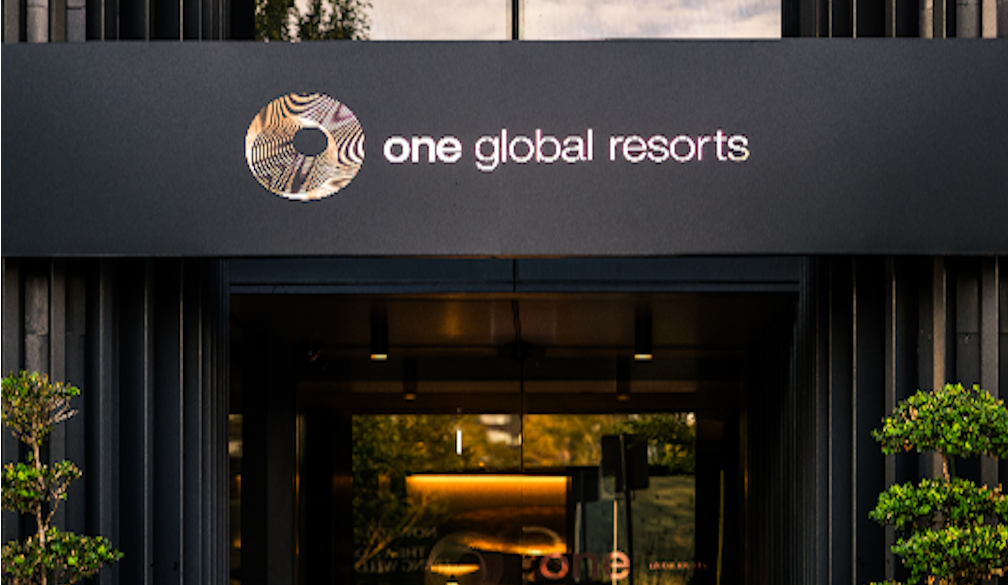The Great Fleecing: Time for Aussies to demand more from their banks

By Anhar Khanbhai, Chief Anti-Fleecing Officer, Wise
As Australians escape the winter chill for Europe’s summer or Southeast Asia’s sun, many don’t realise they’re walking straight into a financial trap. And it’s not at the overpriced tourist restaurants or airport souvenir stands – it’s in their wallets.
New data from the Shear Madness Index, developed by Wise and YouGov, reveals that 9 in 10 Australians either use airport-exchanged cash or bank-issued cards when travelling – payment methods that often come with a hidden price tag. Foreign transaction fees, inflated exchange rates, weekend markups, and currency loading fees quietly eat away at their travel budgets.
It's a problem so widespread, Wise has named it The Great Fleecing – and most Australians don’t know it’s happening until it’s too late.
The hidden charges behind everyday transactions
According to Wise’s research, 78% of Australians only realise they’ve been overcharged after returning home, and many can’t even identify where or how the extra charges occurred.
These aren’t minor, marginal costs. One Australian executive, Matt, who travels frequently for work, found he was losing up to $4,000 a year just in hidden fees from his bank. That’s not due to reckless spending – it’s the cost of relying on outdated, opaque financial products that weren’t built for a global lifestyle.
Even small fees – foreign transaction charges, weekend currency markups, or conversion spreads – can accumulate quickly. Yet banks rarely disclose these costs clearly. And too often, Australians assume that these charges are just the price of spending overseas. They’re not.
Financial confusion is profitable – for banks
What’s driving this? A lack of transparency.
While half of Australians admit they know there are international fees, most don’t know what they’re actually being charged – or when. And that’s by design. Complexity protects incumbents. Confusion is inherently profitable.
As a result, the vast majority of Australians are being silently overcharged for simply using their own money abroad. It’s a system that works for the banks – not for consumers.
But the tide is turning. Consumers are becoming more aware, more digital-savvy, and less forgiving of financial institutions that rely on outdated pricing models.
The Shear Madness Index found that over a third of respondents would switch providers if they found one that clearly outlined international fees up front. Furthermore, a quarter would go as far as to actively warn others on social media of overcharging on international fees. Young travellers – especially Gen Z and Millennials – are leading this shift, actively rejecting outdated financial tools in favour of platforms that prioritise fairness and real-time pricing.
This isn’t just about cost. It’s about control. Australians are seeking the same visibility form their banks that they expect from any modern service. If we can track real-time stock prices, see live ride-share fares, and compare hotel rates in seconds – why can’t we clearly see what our banks are charging us?
Travelling and banking the Wiser way
We’re not talking about a technical challenge. The infrastructure to offer fairer international money management already exists. The problem is inventive: traditional banks have little reason to change a model that quietly generates billions in hidden fees each year.
Australians are catching on. With over one million Wise users in Australia, there’s growing momentum toward financial transparency and smarter alternatives.
Wise is proud to offer tools that help individuals and businesses break free from The Great Fleecing – including a debit card that’s up to 85% cheaper to use abroad. It uses the mid-market exchange rate with no hidden transaction or conversion fees – the same rate you’d see on Google.
What happens next
The problem with the financial system isn’t a lack of capability – it’s a lack of motivation. Many traditional providers have no reason to change because hidden fees drive profits, and complexity keeps customers in the dark.
But that’s changing. Australians are more digitally confident, financial informed, and far less willing to tolerate outdated, opaque practices. Whether they’re sending money to a supplier or tapping their card overseas, people are demanding clarity, fairness, and better alternatives.














